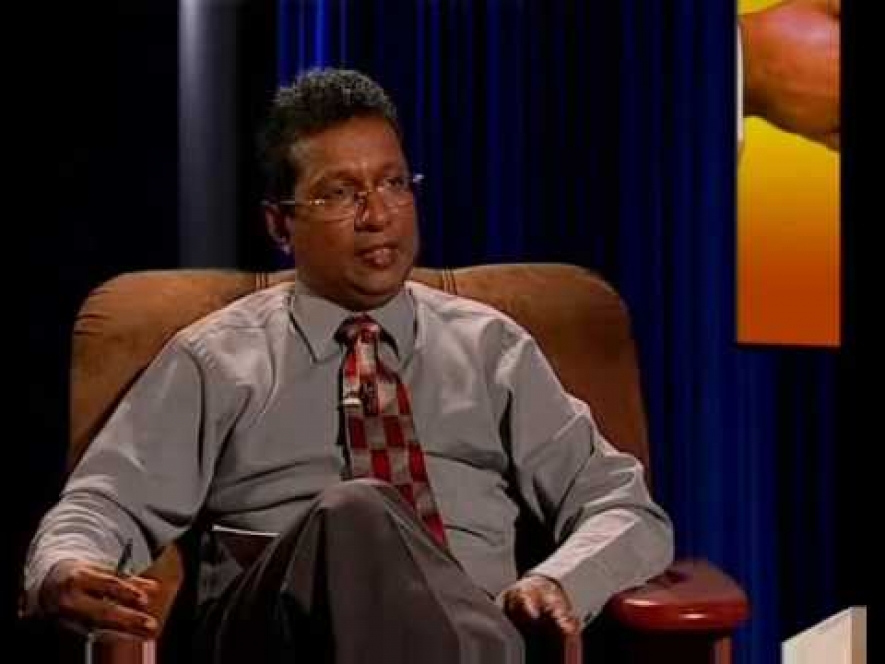It all began with the impeachment of Chief Justice Shirani Bandaranayake by President Rajapaksa in January 2013, recalls constitutional lawyer J.C. Weliamuna, who was at the forefront of a lawyers’ movement against the controversial motion, to The Hindu. He and constitutional law expert Jayampathy Wickramaratne later emerged key civil society voices that sought to give form to the simmering anger in the country, targeting a regime change that they saw as the only way out.
Tracing the roots of the anti-Rajapaksa sentiment, which would later grow strong enough to unseat him, he said: “University teachers also put together a huge struggle at that time. It was clear that different sections of society were deeply concerned with the regime’s authoritarian ways.”
Over a period, the activist-lawyers managed to successfully mobilise dissenting sections against the regime, that too at a time when many feared threats and intimidation by the State. As a human rights activist, Mr. Weliamuna faced a grenade attack on his home in 2009. As international pressure over Sri Lanka’s rights record began mounting, the government started seeing critical voices as “traitors”, he said. “We got no media support. Either they [media houses] were controlled by the state or they practised self-censorship.”
That is when the activist started canvassing with the political parties. “We knew we could not fight alone.” They also began collaborating in Buddhist monk Sobitha Thero’s National Movement for Social Justice (NMSJ). All of them agreed conceptually on the campaign for abolition of executive presidency. “We thought that would connect people from diverse backgrounds. Then, we had to think of a common candidate to contest against Mr. Rajapaksa.”
This seemed a major task for the group which knew it was no easy task to challenge Mr. Rajapaksa, who, to a sizeable majority of the Sinhalese electorate, was a charismatic and invincible leader. That was when the political actors gradually stepped in. The comeback of the former President, Chandrika Bandaranaike Kumaratunga, and the role played by Prime Minister Ranil Wickremesinghe proved crucial.
“They were toying with the idea of a candidate from the Sri Lanka Freedom Party [founded by Ms. Kumaratunga’s father] when President Rajapaksa called snap polls, causing disarray.” In a public speech at that time, a confident Mr. Rajapaksa remarked: “I am in the ring. Where is my opponent?”
Several closed-door meetings later – most of the communication was through technology conducive for greater privacy – things began taking shape. The ensuing defection of President Sirisena, much to the shock of Mr. Rajapaksa, and the coming together of a “rainbow coalition” to back him have now made their way into Sri Lanka’s political history.
Until then, many in the Rajapaksa camp were expecting Mr. Wickremesinghe to contest and had even begun working on a campaign attacking him. “Once Mr. Sirisena crossed over, they had to redesign the entire campaign and the time was limited.”
The political leadership provided by Ms. Kumaratunga and Mr. Wickremesinghe to the joint opposition was “just fantastic”. As was the joint opposition team's effort to consolidate their election campaign points around issues such as abuse of power, family rule and corruption.
Former diplomats, academicians and civil society members continued to support the campaign and pitched in. “It was a collective effort. No one person can take credit for this,” Mr. Weliamuna said, adding that many had, over the years, risked their lives and some were still in exile. The real learning from all this, he said, was: "To change the world you don’t need millions. You just need a few determined people.”




















